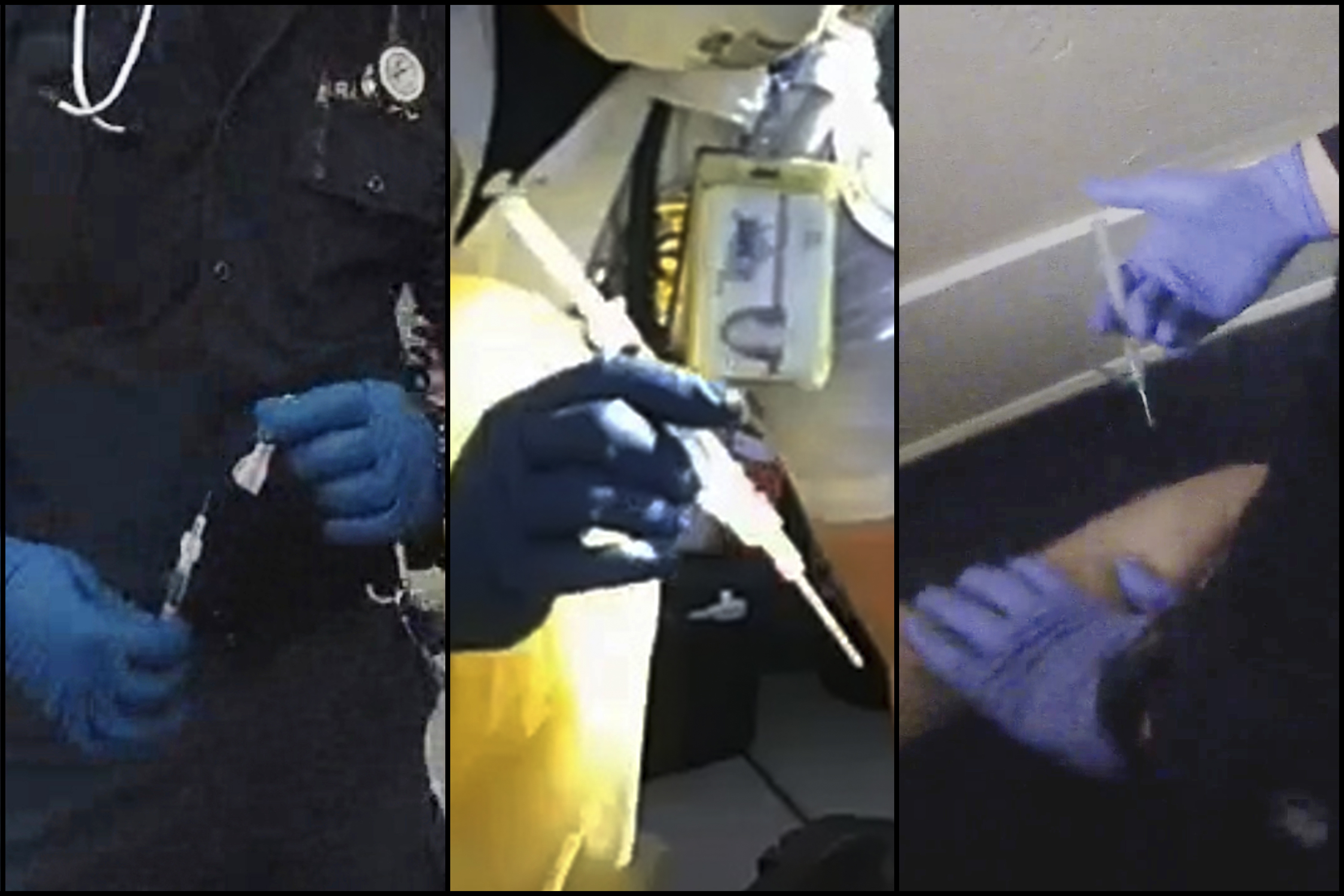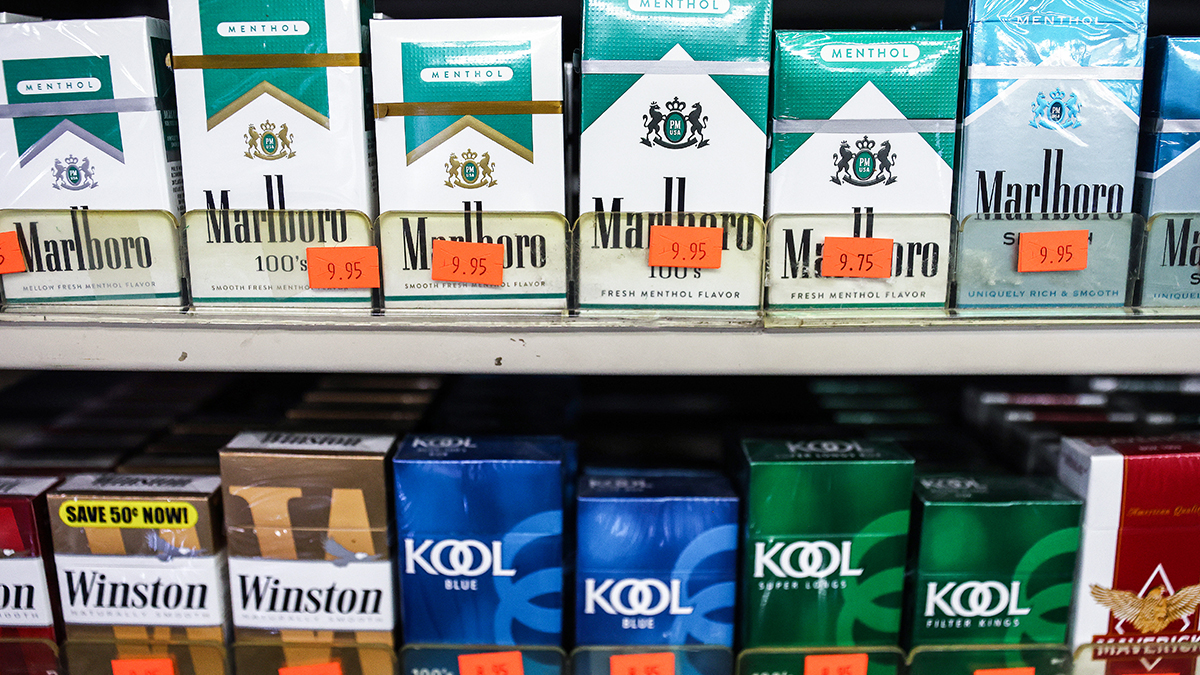A new joint venture formed by four of the world’s biggest oil companies will develop a rapid response system for deepwater oil spills in the Gulf of Mexico.
Exxon, Shell, Chevron and ConocoPhillips will each contribute 25 percent to a $1 billion company that would be able to mobilize a response within 24 hours to capture and contain deep-sea oil spills, according to a statement.
BP, whose blown-out well has leaked as much as 180 million gallons of oil into the Gulf, is not included in the venture but may, along with other companies, be able to use the strike force.
"We don't want to distract them at all," Rex Tillerson, Exxon's chief executive, told the Wall Street Journal.
The joint venture’s equipment will reportedly include a containment vessel capable of capturing up to 100,000 barrels of oil a day and other equipment to siphon any leaking oil up from the seafloor to a depth of 10,000 feet.
The four companies, which rely on offshore drilling, were not involved in the Gulf oil spill. But the growing catastrophe has dragged down share values as lawmakers promised to beef up regulations against the industry.
BP tried and failed several times to contain the gusher off the Louisiana Coast, frustrating residents and lawmakers. The British oil giant was later criticized for grossly underestimating the impact of a deepwater well blowout and overstating its ability to contain it.
U.S. & World
The companies will create a nonprofit organization called the Marine Well Containment Company to operate and maintain the response system. ExxonMobil will lead the effort and other companies will be invited to participate.
The response team should be able to start mobilizing within 24 hours of an oil spill, and be fully in place within weeks, Sara Ortwein, vice president of engineering for Exxon Mobil Development Company, told the Wall Street Journal.
Frank Verrastro, an energy expert at the Center for Strategic and International Studies, told the New York Times that such an initiative was badly needed.
“The spill exposed the fact that the industry’s capability on capture and clean-up was 1980s vintage, in part because there was so much reliance on blowout preventers,” he said. “Companies have used their technology to get into the deepwater but they didn’t have an adequate plan to intervene at these depths or to contain a large-scale spill.”



